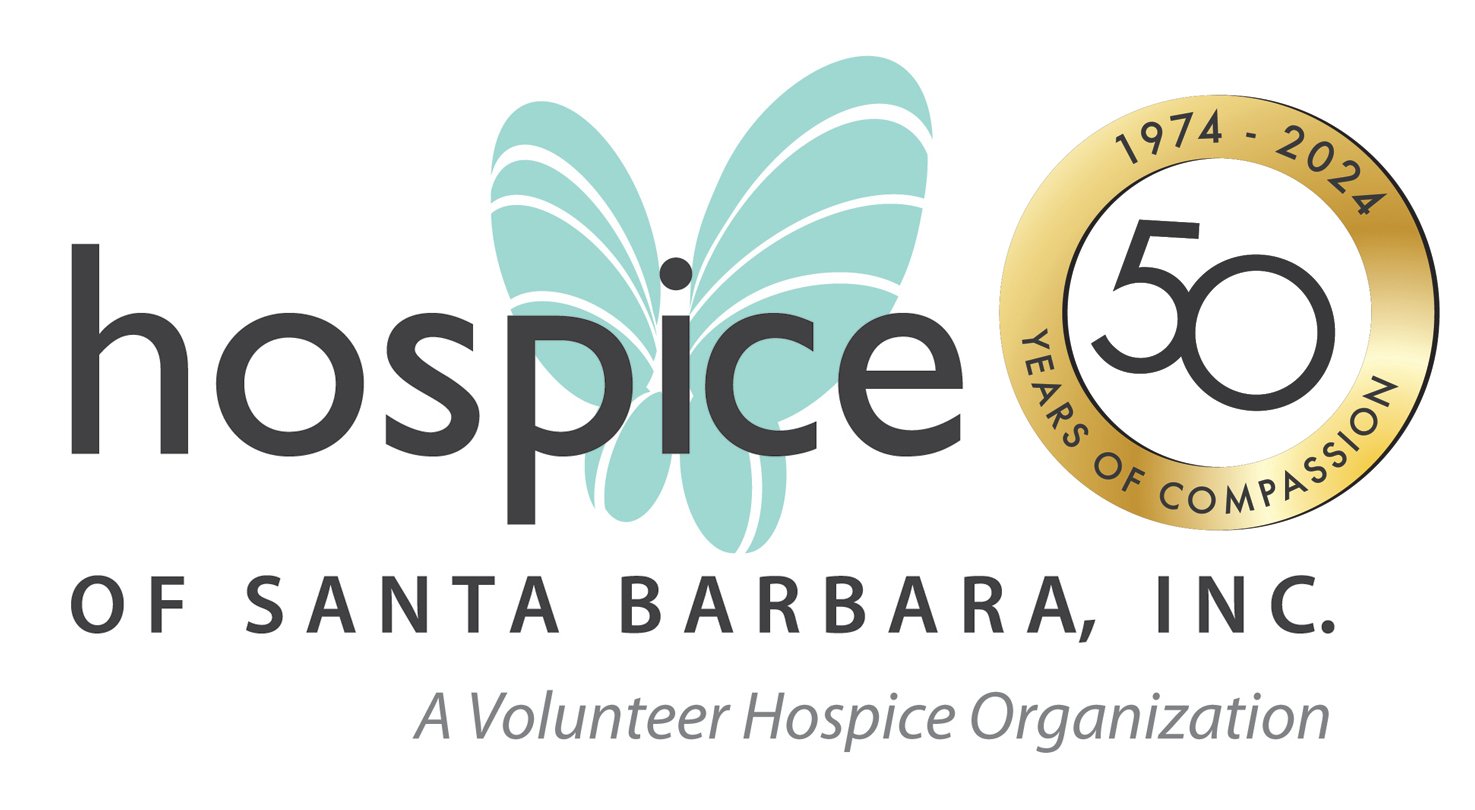Death is inevitable, but it’s never an easy thing to talk about. Though we tend to avoid conversations related to dying, our hope is that societal fears about death will change, leading to a greater acceptance of this important event that we will all face.
Only through changing how we think about death can we learn how to appreciate life even more. Stephen Jones, Hospice of Santa Barbara’s community education program coordinator, shares how we can stop avoiding death, and become better equipped to face it.
Dying is one of the most normal things in life. Everyone does it, including him and her, you and me. How can we not talk about, and even ignore the very thing that happens to us all?
What if, rather that pushing death away, we could entertain and value other kinds of knowledge and definitions of death? It has the potential to change the discussions we have about the end of life, how we care for the dying, how we honor the dead, and how we support those living with loss.
In his newly published book The Five Invitations: Discovering What Death Can Teach Us About Living Fully (2017), renowned teacher Frank Ostaseski lays out an alternative relationship with death.
“Death is not waiting for us at the end of a long road. Death is always with us, in the marrow of every passing moment. She is the secret teacher hiding in plain sight. She helps us to discover what matters most.
"And the good news is we don’t have to wait until the end of our lives to realize the wisdom death has to offer,” Ostaseski says.
At Hospice of Santa Barbara, our Community Engagement and Education Program is bringing to life conversations and community actions around death, dying and bereavement.
Our aim is to encourage people to think about death not as morbid or taboo, but as a significant and meaningful part of life.
Starting conversations gives people the space to reflect on what matters, time to ask questions, and a chance to get informed, empowered and involved. We don’t have to wait until we are dying or grieving, the lessons of living well and dying well are relevant at all stages of life, not just at the end.
The topic of death is having a revival and we’re on a mission to get people talking, planning and better prepared. We’re not the only ones with this mission; people and organizations across America are working with and in their communities to change the way we do death.
While it may seem scary to think about our own mortality, becoming more death literate and building our capacity for end-of-life planning can help create healthier community attitudes about death.
Talking about death helps us articulate and affirm who we are and what we ultimately care about, leaving us better able to embrace the mysteries of death and to appreciate life.
Talking about death can change not only the way we think about dying but it could transform the way that we live our lives.
Hospice of Santa Barbara offers regular opportunities to join the conversation, including its monthly Learn at Lunch series and discussion-based group, Death & Cupcakes. These are non-clinical meetings open to the community. Drop-ins are welcome.
More details and schedules can be found on the hospice website calendar at www.hospiceofsantabarbara.org. To learn more or arrange a presentation on any end of life care topics call 563-8820 or visit www.hospiceofsantabarbara.org.
— Stephen Jones for Hospice of Santa Barbara.

